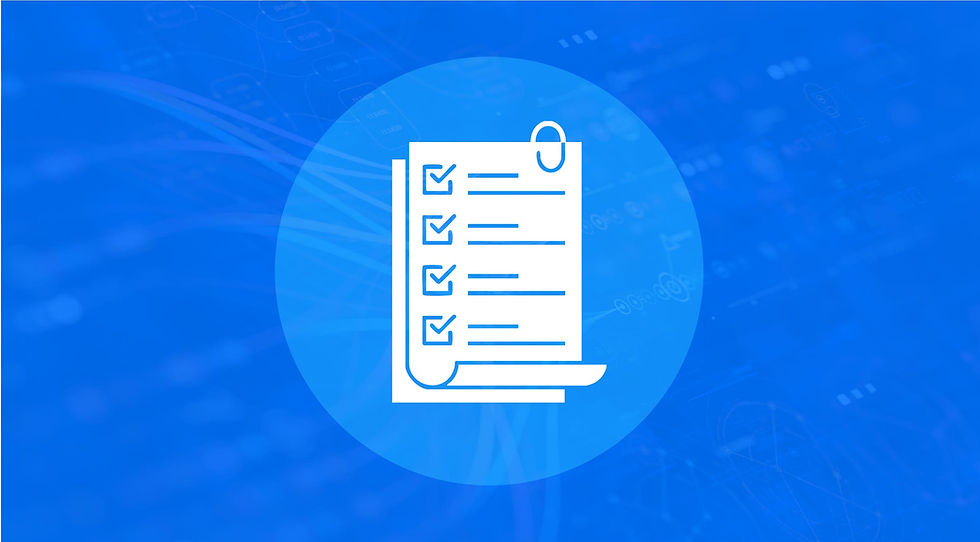Navigating the Changing Landscape of EU Data Regulations
- bakhshishsingh
- Jun 28, 2025
- 2 min read
The European Union is rapidly redefining how data is governed, shared, and protected. As part of its Digital Strategy, the EU has introduced a suite of regulations aimed at building a trusted, competitive, and innovation-friendly digital environment. For businesses operating within or interacting with EU data ecosystems, understanding and complying with these new laws is not optional—it’s mission-critical.
Here’s a concise breakdown of the five cornerstone regulations transforming the EU’s digital landscape:
1. Data Governance Act (DGA)

Objective: To increase trust in data sharing and support the development of data-driven technologies.
The Data Governance Act lays the foundation for transparent and secure data sharing. It introduces:
Data altruism—where individuals or companies voluntarily share data for the public good
Data intermediaries—neutral bodies that manage data exchanges
Codes of conduct—to ensure ethical practices among service providers
It also establishes the European Data Innovation Board, which aims to foster innovation through responsible data usage.
2. Digital Markets Act (DMA)

Objective: To promote fair competition and curb monopolistic practices by “gatekeeper” platforms.
The Digital Markets Act targets tech giants who control access to digital markets. Key requirements include:
Transparency obligations around advertising and data usage
Non-discrimination rules preventing self-preferencing
Interoperability standards to ensure fair access to key services and APIs
For businesses, the DMA could level the playing field in a digital economy long dominated by a handful of platforms.
3. Digital Services Act (DSA)

Objective: To create a safer, more accountable online environment.
The Digital Services Act updates outdated rules for digital platforms. It requires:
Due diligence obligations for all online intermediaries
Transparent content moderation policies
Action against illegal content, such as hate speech or counterfeit goods
This act is especially critical for social platforms, e-commerce marketplaces, and hosting providers who face stricter liability and governance expectations.
4. Data Act

Objective: To democratize access to industrial and personal data in B2B, B2C, and B2G relationships.
The Data Act introduces provisions to:
Facilitate cloud provider switching, easing vendor lock-in
Enable access to co-generated data, ensuring that users can benefit from the data they help produce
Ensure fairness in data usage contracts
This legislation will open up new opportunities for data monetization and innovation across sectors.
5. AI Act

Objective: To establish ethical guardrails for artificial intelligence.
The AI Act is the first of its kind globally, setting rigorous standards for high-risk AI systems in areas like healthcare, transportation, and public safety. It mandates:
Transparency and accountability for AI algorithms
Human oversight in decision-making processes
Ban on harmful AI practices, such as social scoring and deceptive deepfakes used for political manipulation
This act is a game-changer for companies developing or deploying AI within the EU, emphasizing responsible innovation.
Final Thoughts: Prepare Today, Thrive Tomorrow
The EU’s digital regulatory framework is reshaping the global tech and data landscape. From data sharing ethics to AI accountability, these laws demand strategic planning, proactive compliance, and technical adaptability.
Businesses that align early with these regulations won’t just avoid penalties—they’ll gain trust, enhance innovation, and build sustainable competitive advantages.





Comments